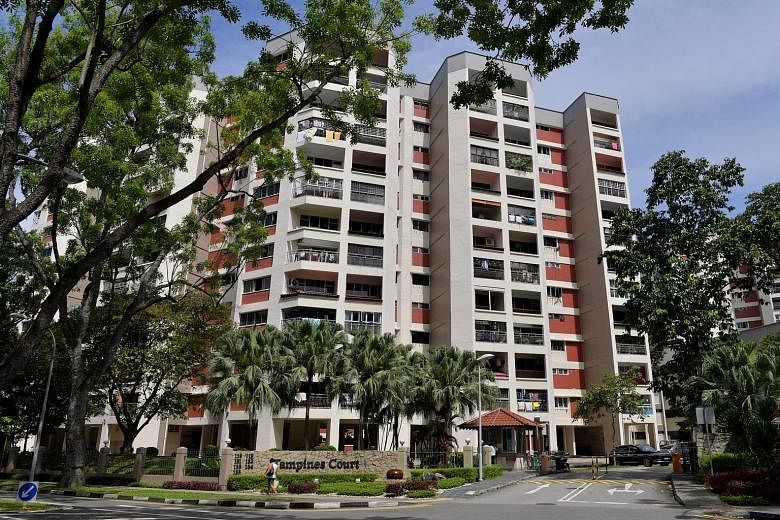In a collective sale of private homes, residents who oppose it will still have to pay any seller's stamp duty that applies to them, Second Minister for Finance Lawrence Wong said in Parliament yesterday.
"If the sale occurs within the holding period, the seller's stamp duty is applied, regardless of whether an individual owner consented to or opposed the sale," he said.
The collective sale committee is given the powers to enter into a sale and purchase agreement on behalf of all owners when it gets the consent of the required majority of residents in the specified property, he added. The agreement is binding on all owners.
Mr Wong, who is also the National Development Minister, was replying to Mr Lim Biow Chuan (Mountbatten) who asked whether the seller's stamp duty is waived for those who did not sign the agreement to launch a collective sale.
This stamp duty was introduced in 2010 with the aim of discouraging short-term holding of residential properties. It is part of the Government's measures to ensure a stable and sustainable property market.
The collective sale of properties below 10 years old requires the consent of at least 90 per cent of residents by share value and strata area, and at least 80 per cent for developments 10 years or older.
The seller's stamp duty varies according to how long a person has owned the property.
Home owners who do not consent to a collective sale can file their objections at the Strata Titles Board, which will look into them and make a decision, Mr Wong said. Such objections can be on grounds like financial loss.
Pacific Mansion resident C.K. Lim, for example, did not consent to the collective sale of his flat in March this year, but was asked to pay a stamp duty of 12 per cent of his apartment's selling price of $3.26 million, which works out to around $380,000.
He bought the apartment in October 2016 because of its choice location in District 9 and proximity to River Valley Primary School, which he wants his two-year-old daughter to attend when she turns six.
"If the seller's stamp duty is meant to deter speculative buyers, then it is missing the mark as we intended to stay here for the long run," said Mr Lim, 45, who works in the finance sector.
A collective sale committee member of a condominium in the east that is undergoing collective sale, who declined to be named, said the seller's stamp duty is why it is difficult to convince recent home buyers to give their consent to the sale agreement or reserve price.


